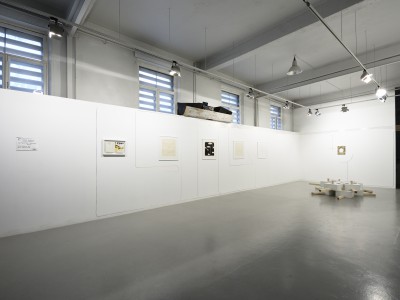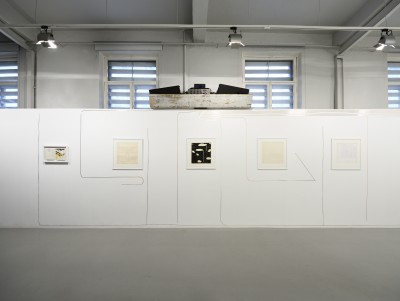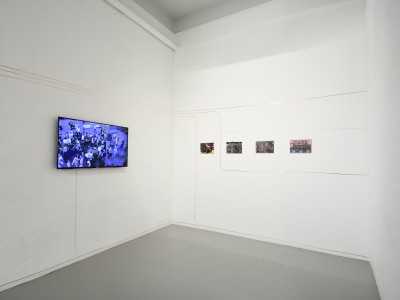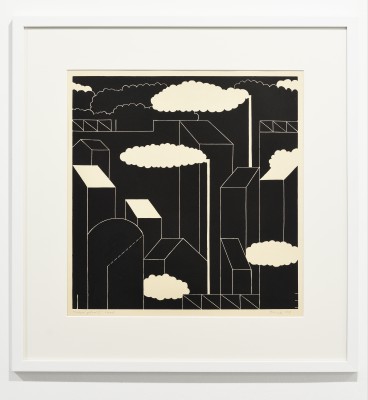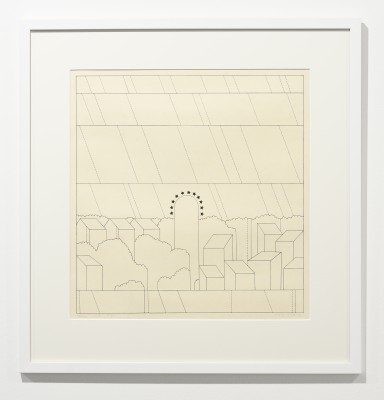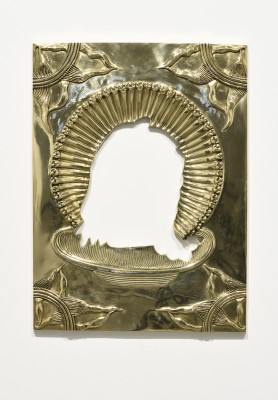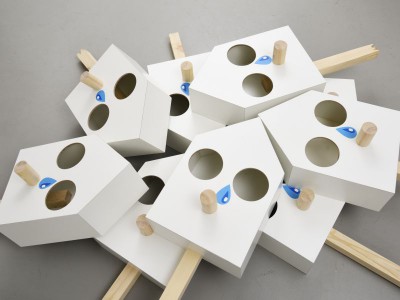"Euroland", curated by Oleg Frolov, 18 March – 6 May 2017
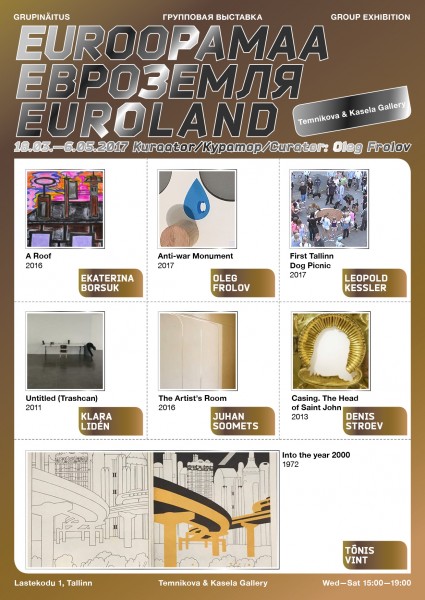
Exhibition “Euroland”, curated by Oleg Frolov
Participating artists: Ekaterina Borsuk, Oleg Frolov, Leopold Kessler, Klara Lidén, Juhan Soomets, Denis Stroev, Tõnis Vint.
Anyone curious enough to look into the conditions of our present life and future possibilities will consider two equally significant questions. First, what exactly has allowed a peculiar configuration of well-functioning institutions, sustainable economic development and personal freedoms to appear in Europe in the first place and, at least rhetorically, to become a recognized standard of a good life? What are the forces that enabled the two-fold progressive leap of post-WWII democratic recovery and then, around 1989, the end of the Soviet Union’s totalitarian rule in many European states? Second, why is this desirable configuration threatened regularly and remains far from being established as a universally held goal? To address and answer these questions properly, a healthy culture of public debate assisted by social and political theorists is needed. An art exhibition may deservedly be part of such a debate because of the default and vital proximity of fine art to the process of building a society fit for life, and because art is dependent on less explicit values and conflicts and, certainly, the appearances and morphologies of its environment. Fine art’s bond with the successes and failures of building democracies in Europe is the starting position for this show.
Art is embedded within the overall societal framework and for the last 200 plus years it has been growing as a hybrid sector, influenced by increasing popular participation in governance, better accountability of authorities, secularization of the imagination, and the introduction of methods of rational planning, but at the same time by the turmoil of city life, and more recently, the proliferation of the visual industries. The general propensity of art, as we know it today, towards critical discussion is easily understandable and goes back to the reforming and replacing of the old European monarchies with parliamentary nation states. The choice between democracy and authoritarian rule is still relevant, unfortunately, so theorizing on society and politics is still part of artistic activity. What is less clear though is how fine art’s participation, embeddedness and dependency are regarded by society at large; what roles if any are prescribed to artists; what exactly are European artists doing when they refer to societal issues and appearances. This show presents European art as a source of diverse proposals for a general discussion of democracy.
“Euroland” is a group exhibition that features 7 European artists of different generations from Tallinn, Moscow, Berlin and Vienna, who are shown together for the first time; their works manifest profound interest in ambivalent connections, which exist between physical environment of post-WWII Europe, respective societies’ institutional frameworks and different ways of relating to and acting in it. The show creates common intellectual context to practices, which art historically may be considered to be quite apart, and also demonstrates how certain artistic methods and visual motives are shared or may complement each other.
Presented in Estonia, a European state, which in its recent history has met several conflicting variants of development, this exhibition promotes a view of democracy as a fragile configuration of institutions, which requires an ongoing creative process of building a liveable environment and the rational and moral involvement of its citizens.

